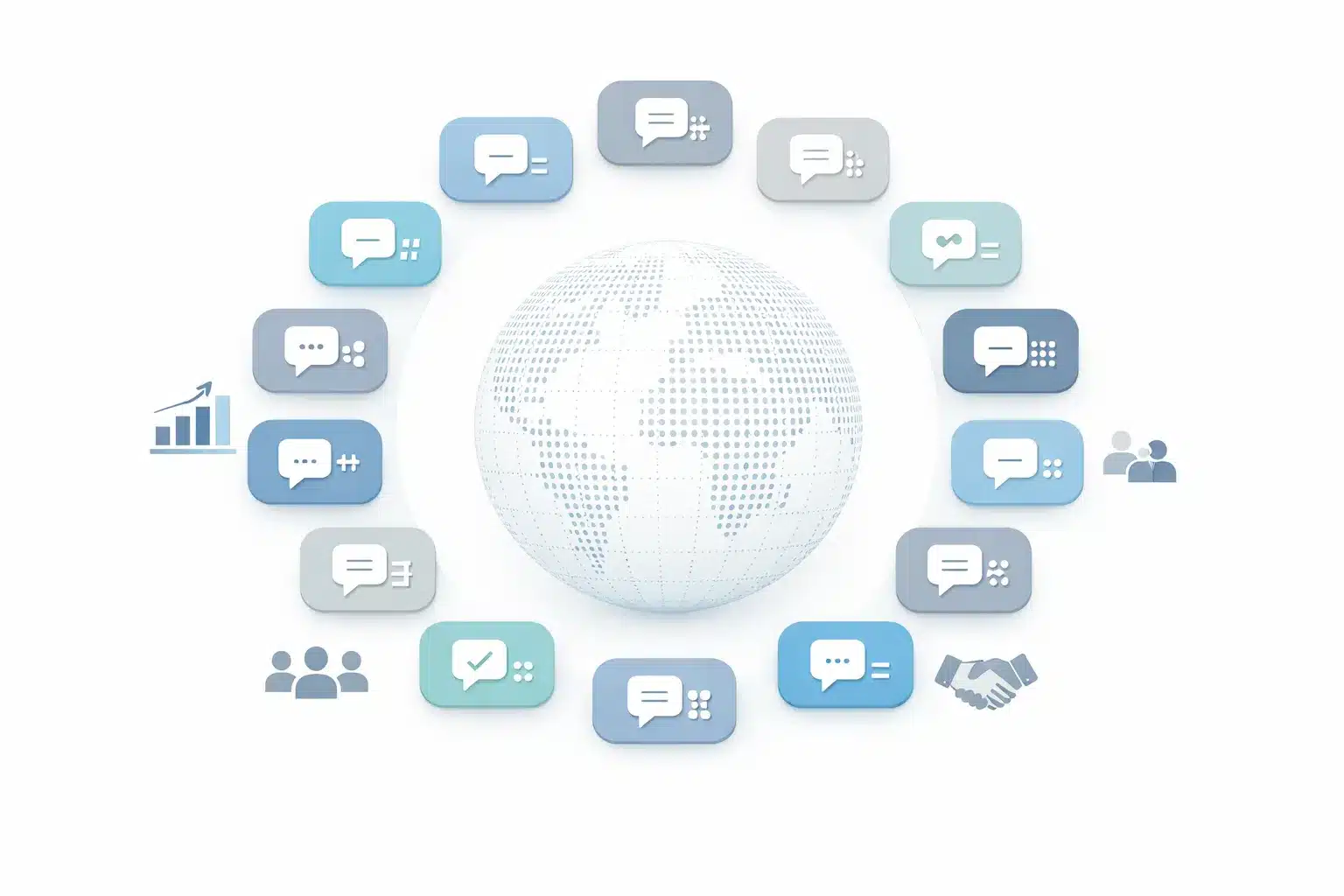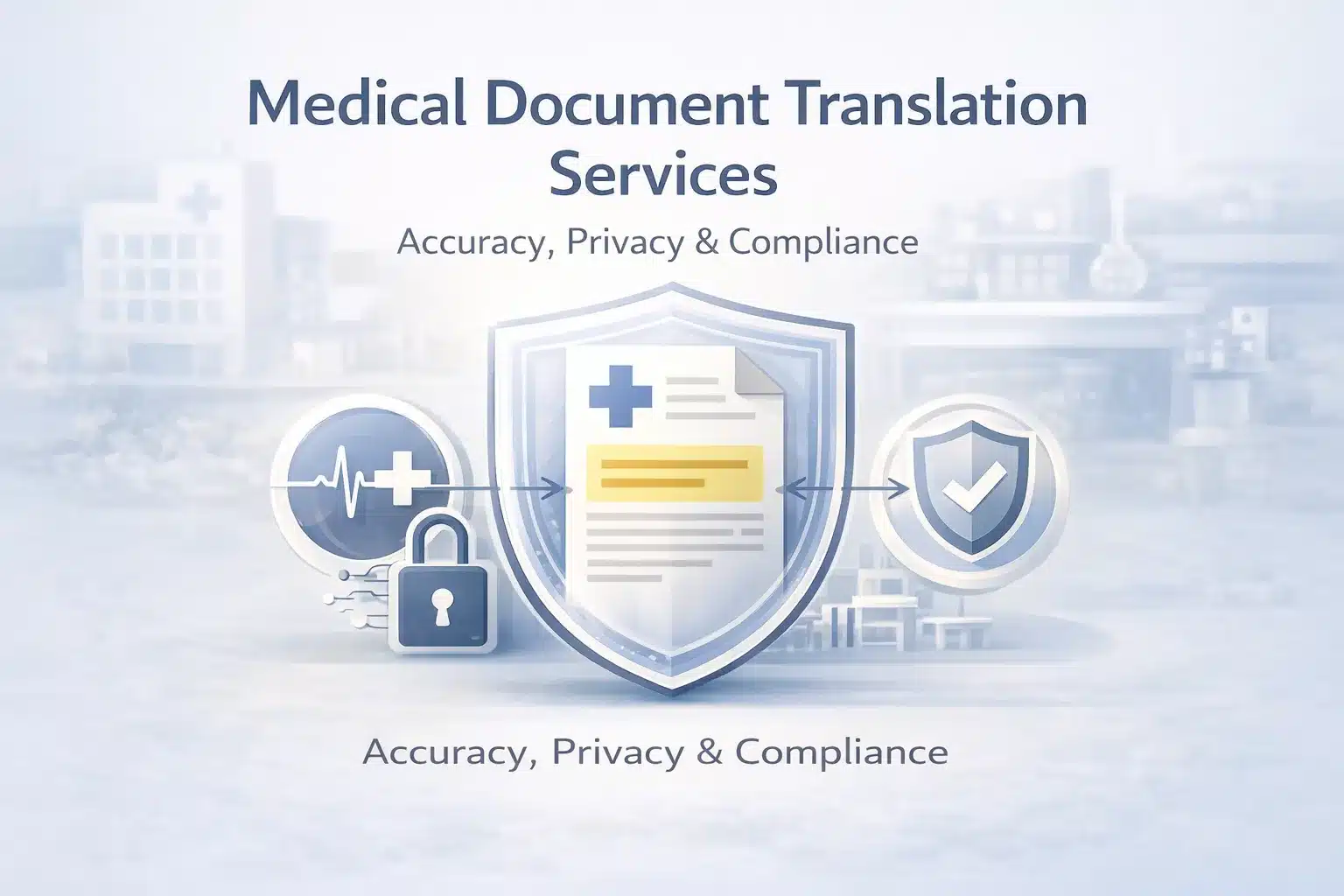Localization involves adapting content, products, or services to meet the cultural, linguistic, and legal expectations of a target audience. Translation services plays a crucial role in this process by converting text from one language to another while preserving meaning and context. This ensures that the content is not only linguistically accurate but also culturally relevant, addressing specific local nuances and needs.
Why Localization is Important
Enhanced Market Entry
Companies that use localization strategy ensure that the added values of the products or services of a business match the characteristics and requirements of the targeted market. Therefore, through localization, it is possible for business organizations to be in a position to be able to understand and respond to customer demands, legal frameworks, and even cultural norms that are acceptable across different regions.
Cultural Relevance
Cultural relevance is one of the primary components of localization. This proves the cultural characteristics of the targeted audience are willing to consider them when addressing the issue. Different companies employ various measures to make their translated services culturally suitable.
For example, companies that use localization strategy of Circle Translation attract the larger target audience by looking into factors such as cultural-sensitive analogies, proverbs, and norms. Sensitivity to cultural issues is a great way to ensure that there is understanding rather than creating confusion that may decrease the impact of the brand’s messages.
Culture plays an important role in consumer engagement as well as in the users’ experience of content, products, and services; cultural relevance increases customer loyalty.
Globalization Foundation
Every effective globalization process needs a good localization plan as the basis for its implementation. Through localization, businesses are able to acquire the foundation upon which a company is likely to venture into other international settings. This way, they market their products and deliver services. This localization strategy example enables them to counteract the local needs and demands instead of implementing the same technique all over the world.
It is not merely a direct translation of text but also a modification of the information, the interface, and the promotion materials to match the expectations of the target audience and the rules and laws of the target country.
Competitive Advantage
This allows localization to become the primary tool for standing out in a saturated market since it offers a competitive edge by making a brand recognizable. Companies that use localization strategy stand to benefit as they adapt their products to suit the culture of the locality. Thus giving them a good image of being responsible corporate organizations that understand their clients.
This differentiation fortifies the brand image, and it also assists in attracting the local clientele that may be dissatisfied with universal forms of operations. Also, localized products and marketing communication have been proven to generate greater customer satisfaction and response rates, which, in turn, result in higher sales and market share.
Regulatory Compliance
Localization also plays a crucial role in ensuring regulatory compliance across different regions. Various countries have specific regulations regarding language, content, and product specifications that must be adhered to in order to operate legally and avoid penalties.
By localizing content and adapting products to meet these regulations, businesses can navigate complex legal landscapes and ensure that their offerings comply with local standards. This proactive approach to regulatory compliance not only helps to avoid legal issues but also demonstrates a commitment to operating responsibly within different markets, thereby fostering trust and credibility with local consumers and authorities.
Localization Strategy Example: Netflix in South Korea
Netflix localizes in South Korea by producing original Korean content like “Kingdom” and “Squid Game,” offering a full Korean interface, subtitles, and dubbing. They run localization strategies to resonate with local audiences.
How Do Technical Translators Help in Localization?
Technical translators are strategic to any content localization or software localization projects being executed in organizations. Their multilingual abilities and deep cultural understanding enable them to:
● Bridge Language Gaps: Translators introduce foreign enterprises to the domestic populace in the people’s local language to promote foreign goods and services.
● Ensure Cultural Relevance: Technical translators are able to present a culturally appropriate and appealing image of a company to the local population by taking cultural peculiarities into consideration.
● Facilitate Globalization: A number of brands and companies rely on the services of technical translators to maximize the level of globalization.
How to Localize Your Business
● Web-Based Localization: Adjusting the Website localization to the regional languages and special cultural features.
● Software-Based Localization: Interpreting the languages and applying them to areas.
● Content Localization: Translating and adapting catchphrases and slogans, product promotions, brochures, descriptions and specific details to boost the product.
● App-Based Localization: It is proposed that changes in the features of mobile applications be applied to assist in fulfilling the needs of users from various regions of the world.
The Benefits of Professional Translation Services
● Market Expansion: Professional translation services are very beneficial to any business venture since they assist the business in taking its products and services to other markets.
● Brand Consistency: Making sure that the meaning of the brand is the same in all the languages and the culture associated with those languages.
● Enhanced User Experience: Since localized content accommodates the needs of the users, customer satisfaction is usually high, hence the loyal customers.
Conclusion
Your business can break down local barriers and thrive internationally with Circle Translation’s professional technical translators. We help businesses navigate cultural and linguistic barriers. By employing our services, businesses can achieve seamless global expansion and ensure that their products and services resonate with diverse audiences. Localization strategy is not just a technical process. It’s an art form that requires expertise and creativity!
References
- VeraContent (2024). Localization strategy: Your guide to engaging a global audience. Theglobalmarketer.
- Wu, T., Peng, C. H., Sia, C. L., & Lu, Y. (2024). WEBSITE LOCALIZATION STRATEGIES TO PROMOTE GLOBAL E-COMMERCE: THE MODERATING ROLE OF INDIVIDUALISM AND COLLECTIVISM. MIS Quarterly, 48(1).
Subtitles

Professional and Accurate Subtitle Services for your Videos.
- Video subtitles specifically tailor-made for improving accessibility.
- Using highly experienced subtitlers with years of industry experience.
- Professionally written and expertly timed.
Translation

We help the world’s top companies translate their content in over 73 languages!
- We localize content for internet websites, games, travel, cryptocurrencies, and more
- Expand your global audience by adding different languages.
- We work only with qualified translators and experienced content creators
Audio translation

Ensuring full accessibility for Blind and visual impaired audiences.
- Visual descriptive events as they occur in the video.
- Working with top audio describers to perfectly describe what is happening on-screen
- Professional sound recording.
















